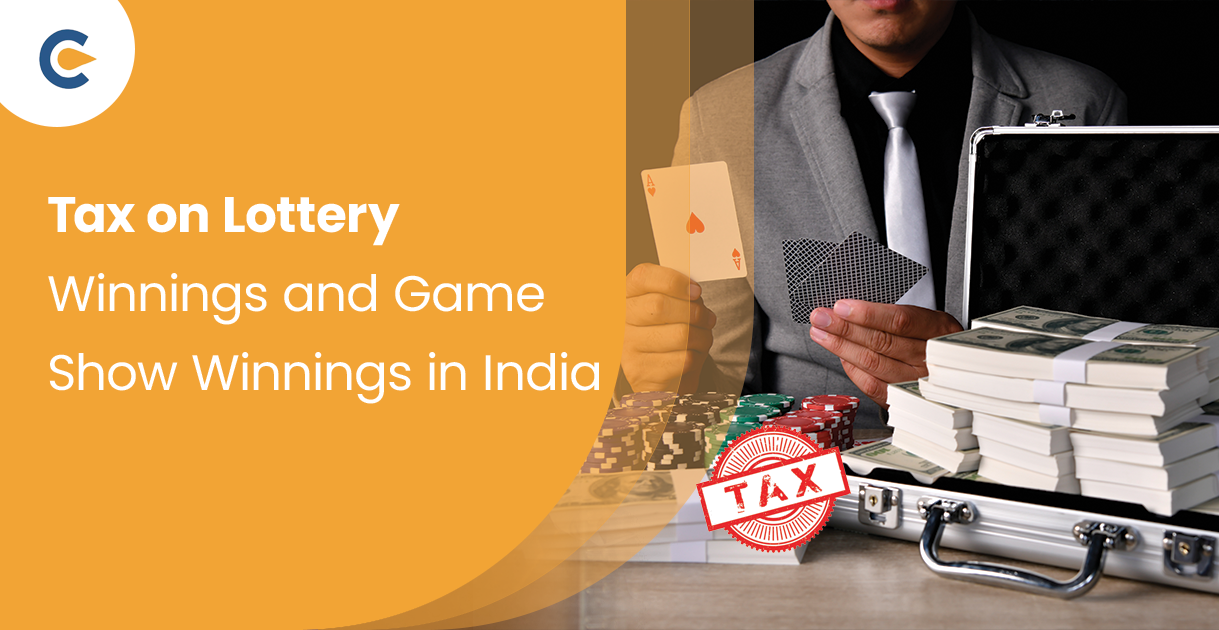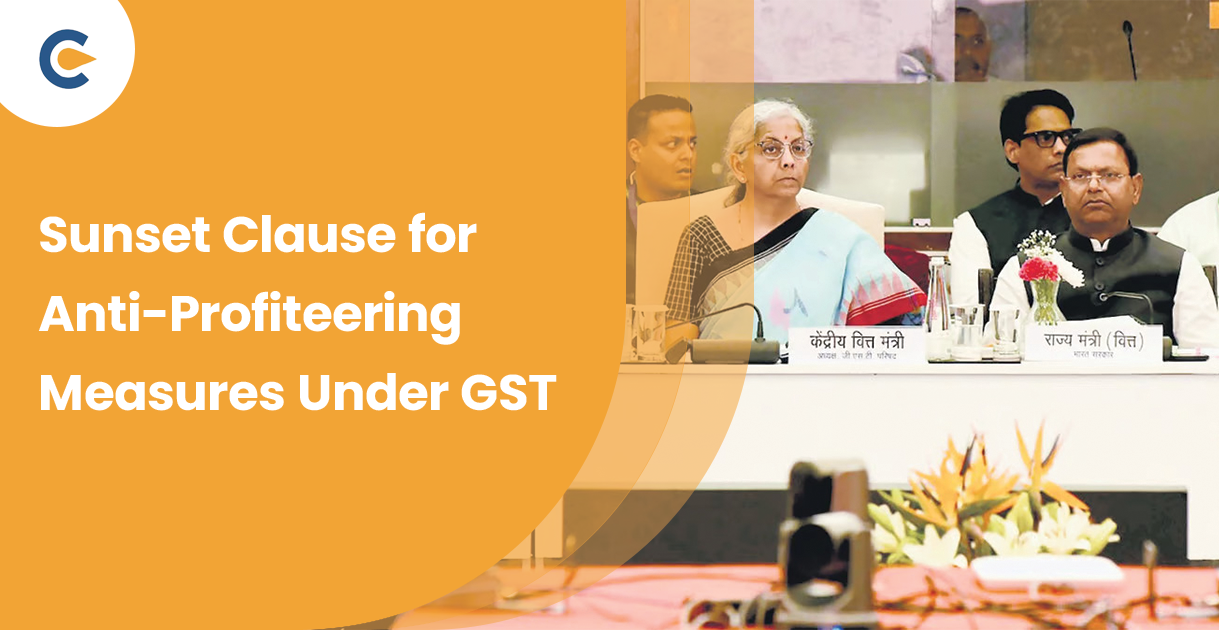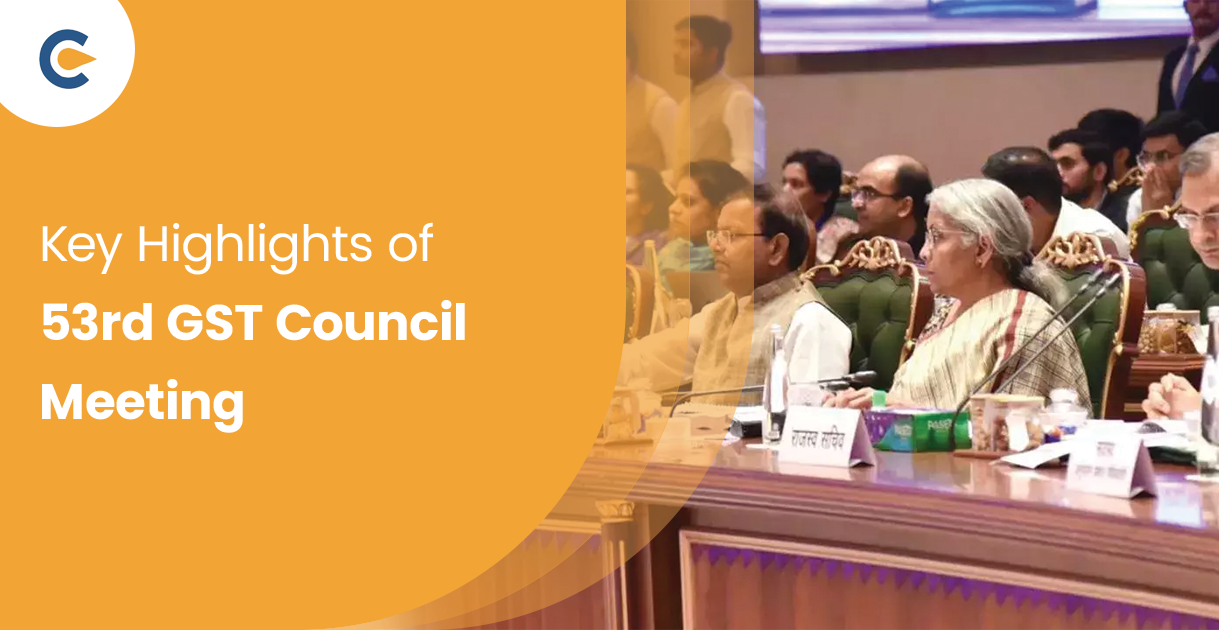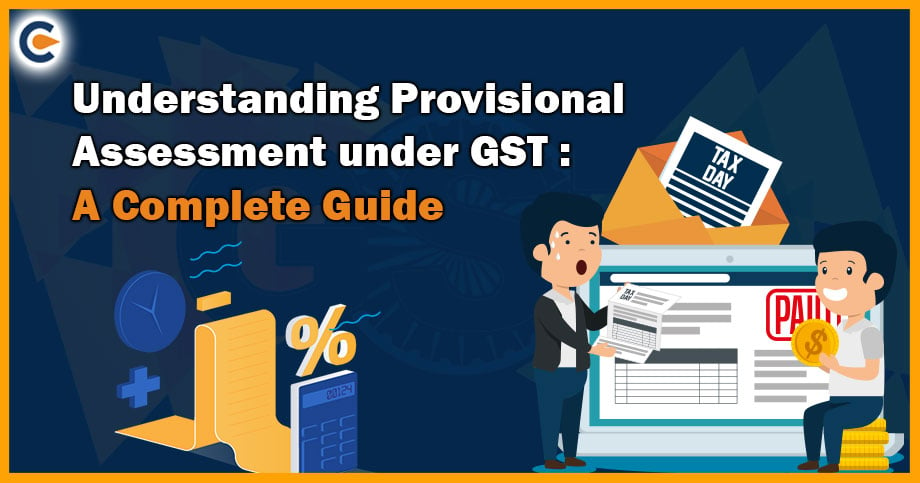Getting an award price and winning the lottery is very common in India. But do you know that the people who win must pay some tax on the total money? We all know that many lottery schemes and game shows offer rewards like houses, cars, or large amounts of money.
These shows and lotteries offer vast chunks of prizes in cash and in the form of cars, houses, etc. This income is taxable, and TDS is deducted before giving away lottery, game show, or talent show income.
This article will help you understand everything about the tax on lottery winnings in India, from the standard tax rate to potential deductions and legal restrictions.
Have a look-
Brief about the Tax on Lottery Winnings
Tax on lottery winnings is the new normal in India. Section 194BA was implemented for any winnings from online games on net wins as per the Finance Act 2023. Such winnings will be subject to a 30% TDS deduction.
With the introduction of Rule 133, the calculation of net winnings in online games became more transparent. This rate is easy to calculate and understand and remains constant regardless of the amount won or the recipient’s tax bracket.
Additional Cess and Surcharge
A health and education cess at 4% of the total tax is imposed in addition to the introductory rate of 30%. Consequently, 31.2% is the effective tax on lottery winnings. Additionally, a surcharge may be applied if the wins exceed a certain amount, which might raise the effective rate even more.
India has a progressive tax system on regular income, meaning the tax rate rises proportionately to the income level.
How is TDS Deducted?
A 2% education cess and a 1% secondary and higher education cess are imposed in addition to this 30% tax. This results in an overall income tax rate of 31.2%. If the total winnings surpass Rs. 10 lakhs, an additional 10% surcharge will be charged.
In summary, under Section 194B, the actual winning amount or value is liable to a 30% TDS rate. After deducting the surcharge and cess, the applicable tax withheld at source is 31.2%.
- Should the sum of winnings from horse races be above Rs 10,000, TDS would be imposed.
- From such revenue, no deduction or expenditure is permitted.
- No deduction under Sections 80C or 80D, or any other deduction or allowance, is permitted from such income.
- This income is also not eligible for the basic exemption limit or the income tax slab rate. The total amount received will be subject to a 31.20% flat rate of taxation.
For example, if you have an interest income of Rs 5 lakhs per year and have won Rs 3 lakhs in prize money from a game show, the tax burden would be computed as follows: 31.2% tax on Rs 3 lakhs Tax on Rs 5 lakhs after deducting the appropriate amounts, according to income tax slab rates.
These are some of the incomes that are subject to a flat 31.2% TDS.
- Game Shows or similar programmes on digital platforms
- Online Gaming
- Lottery (both online and offline)
- Gambling (Both online and offline)
- Race Bettings
- Puzzles (Crossword puzzles)
Tax on Prize Money Received in Kind
When awarding a prize that is delivered in kind, such as a car, the prize distributor must make sure that all taxes have been paid before distributing the gift. Taxes are paid based on the awarded prize’s market value. The prize distributor may pay the tax or seek reimbursement from the winner.
For example, if someone wins an Alto automobile in a competition with a market worth Rs 4 lakhs, tax at 31.2%, or Rs 1,24,800, must be paid before the winner receives the car.
When a prize is awarded both cash and in kind, the total tax due should be computed using the cash component of the award and the market value of the in-kind award.
Additionally, the tax amount must be subtracted when awarding the winner with the cash component of the prize. However, if the monetary award falls short of fully covering the tax bill, the winner or the prize distributor will be responsible for making the difference.
Tax on Winnings from Online Games
The Finance Act 2023 implemented a new provision of Sections 115BBJ and 194BA regarding tax withholding on net wins from online games. This is a result of the online gaming industry’s explosive rise. Many people have been drawn to online games in a short amount of time, such as Dream11, Gameskraft, Paytm First Games, and others, which have experienced a rapid boom.
Currently, Rs 100 is the lowest level at which TDS is applicable. Thus, these platforms must deduct TDS under section 194BA if the net wins exceed Rs 100. TDS @ 30% is only calculated on net winnings from online gaming, as stated in Rule 133, which states that net winnings are calculated as follows.
Non-Cash/Cheque Gifts
When receiving an in-kind gift, like a car or flat, the recipient must pay a TDS of 31.2% before claiming the item. For example, if you win a car in a fortunate draw valued at Rs 5,00,000, you must pay a 31.2% TDS on the vehicle, or Rs 1,56,000. In some circumstances, the business giving out the gift may assume the TDS responsibility.
Total Tax Liability on other Income
For tax purposes, income from these game shows is counted separately. Consequently, the tax liability on the residual income is established individually based on the income tax slab, taxable income, and deductions. Let’s use an example to grasp this better.
Assume someone won Rs 5,00,000 in a quiz show, and after all deductions, his pay comes to Rs 15,00,000 in income. They will pay two separate taxes in that year.
The first is the Rs 1,56,000 (5,00,000 X 31.2%) TDS on winnings under section 194B. The second is the amount of tax he must pay on his Rs 15,00,000 taxable income based on his income tax slab.
Your tax returns list winnings from these game shows and lotteries under “Income from Other Sources.” The money you keep after TDS is not taxed again, but if your winnings exceed Rs 10,000, you must forfeit 31.2% of your gains.
Types of Lottery Winnings Subject to Tax
The forms of lottery winnings that are taxable in India are as follows:
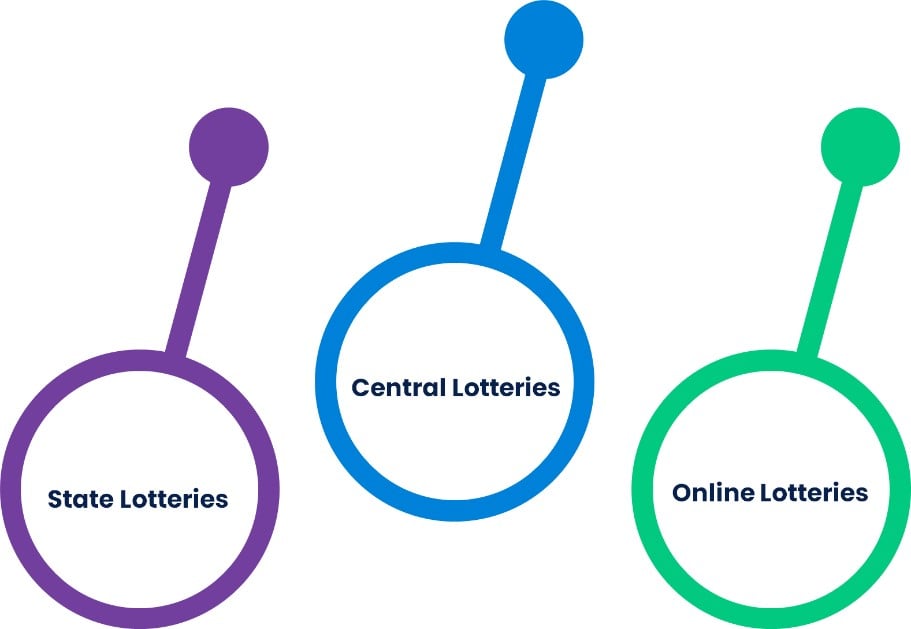

- State Lotteries: Several Indian states run their legal lottery programmes governed by their state governments’ policies. The state that runs these lotteries has set limitations restricting the buying and selling of these tickets.
These state lotteries impose a standard tax of 30% plus a cess and surcharge on prizes. It is one of the prominent forms of lottery winnings in India.
- Central Lotteries: These more expansive lotteries, which distribute money among multiple states, may also be approved by the Central Government of India.
The tax ramifications for state lotteries are still the same. It is one of the significant types of lottery winnings in India.
- Online Lotteries: With the introduction of digital platforms, online lotteries have become increasingly popular. These can be hosted in India or elsewhere; however, Indian residents’ winnings are subject to Indian tax regulations. They are subject to 30% taxation, with the same cess and surcharge regardless of the platform’s place of origin.
There are a few essential points to note
- No Tax Refund on the TDS: If the TDS component exceeds the taxpayer’s tax liability for a given financial year, they often receive a tax refund. Nevertheless, taxpayers are not entitled to a return against this TDS amount in the event of such victories.
- No Deductions on the Winnings: Generally, taxpayers can reduce their taxable income and, consequently, their tax obligation by claiming deductions under Sections 80D or 80C. But you cannot claim any such deductions to reduce your winnings. All deductions are subject to a 31.2% TDS, regardless of eligibility.
- The income Earned: All lottery and game show winnings are subject to a non-refundable 31.2% TDS, although your actual income tax payment will vary depending on the tax band you are in. All winnings will, therefore, be subject to a flat TDS of 31.2%, regardless of whether your taxable income places you in the highest “30%” tax band or the zero per cent rate.
Tips to Handle the Winning Amount
Here are a few tips for you:
- Set aside money to pay taxes: It’s a good idea to set aside a portion of your winnings if you win a sizable quantity of cash from a game show or lottery. By doing this, you may make sure you have the money to pay your taxes on time.
- Consider consulting with a financial advisor: You can work with a financial professional to create a tax plan that accounts for your other income streams in addition to your game show and lottery victories. They can assist you in minimising your tax liability and making wise investment and tax liability decisions.
- Claim deductions and exemptions: Indian tax rules provide several deductions and exclusions that might help lower your tax bill. For instance, you could deduct any costs, such as airfare or attorney fees, that you paid for your game show or lottery winnings. Speak with a tax expert to determine which exemptions and deductions you can claim.
- Consider contributing some of your winnings to charity: In addition to helping people in need, giving a percentage of your game show or lottery winnings can also reduce your tax liability. In India, charitable contributions are eligible for tax deductions. Thus, you can deduct the amount you gift from your taxes.
Points to Remember
Regarding TDS on prize money, bear the following in mind:
Regardless of their regular income, winnings, age, or physical condition, everyone is required to pay a tax of 30.9%.
The 30.9% TDS is a flat tax on the winnings; it is not taxable and cannot be deducted from income.
Although the prize money is handled differently from your other income, your regular income will be taxed according to your income tax rate bracket.
Game show incentives are not subject to tax deductions or exemptions, even if you invest the winnings in one of the savings vehicles specified under Sections 80C to 80U.
If your winnings take the shape of a car, jewellery, flat, or any other movable or immovable asset, you must pay the government 30.9% TDS before claiming your prize. For example, you must pay ₹2,47,200 before you can take home a car you won on a game show worth ₹8 lakhs. You may have to forfeit the award if you cannot pay the required amount.
The only exclusion from paying taxes on winners from game shows is money donated, either in whole or in part, to the government or the company that runs the lottery or game show.
Calculating Tax on Lottery Winnings
Given below are the substantial points that will help you ascertain tax on lottery winnings in India-
- Find the whole prizes: Before any deductions, ascertain the entire value of your lottery prizes.
- Put the Tax Rate in Practice: Winnings from lotteries are subject to a flat 30% tax. Multiply the total winnings by 0.30 to determine the primary tax liability.
- Add Health and Education Cess: Four percent of income tax is the health and education cess amount. To compute this, multiply the tax amount determined in step 2 by 0.04.
- Verify Any Applicable Surcharges Here: Your gains will be charged if they surpass INR 50 lakh.
- The rate is a 10% surcharge on revenue between INR 50 lakh and INR 1 crore.
- 15% additional fee on earnings over INR 1 crore.
Subtract the surcharge, if any, from the total tax calculated in stages two and three.
- Calculate Your Total Tax Liability: Sums from steps two, three, and four should be added.
- If you have previously had TDS (tax deducted at source) withheld, deduct the amount from your total tax bill to determine if there are any outstanding amounts or if you qualify for a refund.
Example of Tax Calculations
Winning Amount of INR 10 lakh
- Basic Tax: INR 10,00,000 * 30% = INR 3,00,000
- Health and Education Cess: INR 3,00,000 * 4% = INR 12,000
- Total Tax Liability: INR 3,00,000 + INR 12,000 = INR 3,12,000
Filing Tax on Lottery Winnings
Lottery winners’ tax returns must be filed strictly by income tax regulations.
How to Report Lottery Winnings on Tax Returns?
- Announcing With the Correct Head: The revenue from the lottery must be reported under the heading “Income from Other Sources.” This is necessary to separate the income above financial income, income as a wage, or business profit, which is subject to a different tax rate.
- It identifies the Gross Amount: The total of all prizes, not the amount paid after subtracting TDS. This is essential to calculate the tax obligation based on the total winning amount.
- Details of TDS: Tax Deducted at Source, as per the TDS certificate given by the deductor or employer, or any other certificate issued by the employer in their name. The TDS information is essential to be eligible for the credit of tax previously deducted from the winnings above.
Specific Forms and Schedules to Be Used
- Form ITR-2:
The ITR-1 form is intended for simple salaried individuals with income from house property, one pension, and other sources; lotteries and racing courses are omitted. Therefore, lottery winnings should not be reported on it.
Form ITR-2 is intended for individuals or households with many sources of income, including salaries, lottery winnings, and racing. It allows for the computation of detailed income and the determination of associated tax liabilities.
- Schedule OS (Income from Other Sources) in Form ITR-2:
Under the heading “Income from winning from lotteries, and games of any sort or from betting or gambling or of any form or nature whatsoever,” the taxpayer must provide the specifics of the lottery winnings.
Filling in the designated fields with the total wins and the TDS amount is necessary.
- Schedule TDS:
Schedule TDS1 must contain information on TDS for salaries, whereas Schedule TDS2 is used for non-salary TDS entries.
To be eligible for the TDS credit, your lottery winnings’ TDS information must be included in Schedule TDS2, and the deductor’s amount and TAN must be accurate.
Tax on Lottery Winnings: Legal Considerations and Penalties
Although winning the lottery can change your life, you still have a lot of legal obligations under the Indian Income Tax Law. The obligations of tax on lottery winnings are covered in this section, along with the consequences of non-compliance.
Overview of Legal Obligations for Lottery Winners
- Tax Compliance:
Lottery winnings are immediately subject to a 30% tax deduction at the source. The distribution company must subtract this tax before the winner is paid.
- Annual Tax Return Filing:
When submitting their yearly tax returns, lottery winners must report their earnings under “Income from Other Sources.” This will guarantee accurate calculation of any additional tax responsibilities or refunds that may be owed.
- Accurate Disclosure
Lottery winners must reveal the exact or gross value of their prizes. If lottery earnings are not declared or underreported, there could be major legal repercussions.
- Documentation
Keep track of all pertinent paperwork, including winning receipts, TDS certificates, and tickets, so that you may show them at the tax authority’s request.
Penalties in Case of Failure to Comply with Tax Laws
- Interest on Late Payment: Under Sections 234A, 234B, and 234C of the Income Tax Act, the taxpayer must pay interest when taxes, including lottery winnings, are not paid within the allotted time. Interest is computed from interest is calculated from the date the tax payment is due until the actual payment date.
Penalties for Underreporting or Misreporting of Income
- Penalty for Underreporting: According to Section 270A of the Income Amount Act, taxpayers who underreport their income are penalised 50% of the amount that would have otherwise been due.
- Penalty for Misreporting: According to regulations, the penalty for underreporting resulting from misreporting or suppression can be as much as 200% of the tax due on misreported income.
- Penalty for Failure to File Tax Return: A winner may face prosecution under Section 276CC of the Income Tax Act if they fail to file any tax returns and their winnings surpass the threshold necessitating filing one. Based on the amount of avoided taxes, repercussions might range from six months to seven years in prison. Timely filing of tax return is crucial.
- Other Legal Consequences: A non-compliance could set off an extensive investigation and audit by the Income Tax Department, requiring close examination.
Conclusion
Ensure that the government has approved any awards or rewards you receive. If the government adopts the prize, you are not required to pay taxes. You need to be aware of the tax implications and the amount owed to prevent any penalties from the income tax department.
Lastly, keep in mind that most large prizes and gifts are taxable under the Income Tax Act, and it is recommended that you pay your taxes on time to prevent audits by the government.
Frequently Asked Questions
What is India's lottery winnings tax rate?
The effective tax rate on lottery winnings is 31.2% because there is a 4% health and education cessation and a flat 30% rate.
Who takes the TDS out of profits from lotteries or game shows?
Before awards or rewards are paid out, the entity offering them will deduct TDS.
Do I have to pay an additional fee on sizable lottery winnings?
If you win more than INR 50 lakh in the lottery, a surcharge applies. The surcharge in this instance will be 10% for winners up to INR 50 lakh and INR 1 crore, and 15% for winnings over INR 1 crore.
Would the winnings be taxed at the rate specified by the tax slab?
No, winners are subject to a flat tax of 31.2%. The individual's tax slab rate does not apply to them.
Are there any tax breaks available for winnings from game shows and lotteries?
A person who wins the lottery or a game show cannot claim any tax deductions or exemptions under Section 58(4). The prize money is taxable and is regarded as distinct from ordinary income. income: The winnings are invested in any savings products listed under Sections 80C to 80U, and there is still no exemption or deduction.
When will there be no taxation on prizes?
Tax exemptions would only apply to awards that have received official government approval.
Read our article: A Complete Guide To Understanding Professional Tax In India



